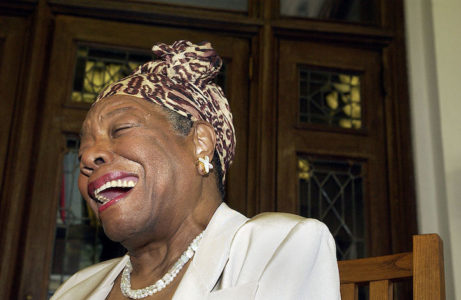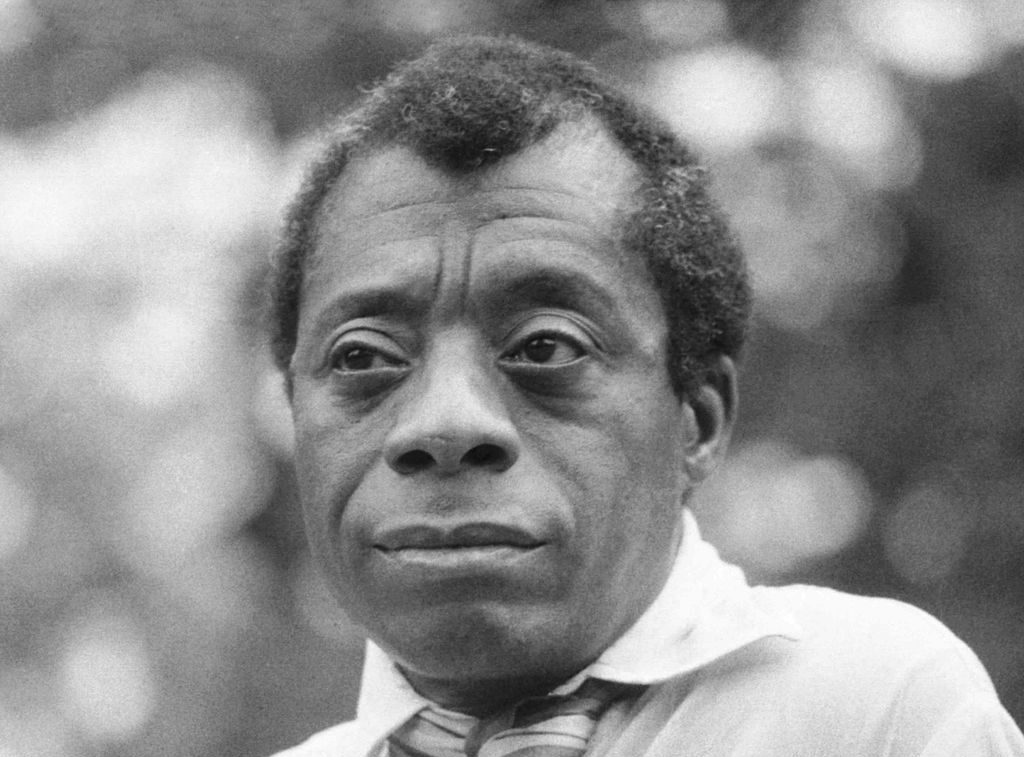Long before the term “Blaxit” was coined to explain the repatriation of African Descendants back to Africa to escape racism, notable figures like James Baldwin, were ahead of the game. While they all went to different places around the world, it seems that their reasoning was very similar.
Here is a list of seven writers, actresses, and other notable Black artists who moved abroad to escape racism.
James Baldwin
The death of Dr. Martin Luther King Jr. in 1968 was too much for James Baldwin.
“That devastated my universe and was ultimately what lead me to this house,” Baldwin wrote in an essay about his home in France for the August 1987 issue of AD.
The Harlem-born writer had spent most of his time living abroad since the 1940s, to escape from America’s racism, classism, and homophobia.
After Dr. King died, his friend, actress Simone Signoret, led the grieving Baldwin to the 17th-century bastide in Saint-Paul-de-Vence, France where he would live until his death at age 63.
Maya Angelou

In 1961, Maya Angelou and her then-partner, Vusumzi Make from South Africa, moved to Cairo, Egypt, where she worked as a journalist.
One year later, Angelou and Make broke up and she moved to Ghana with her son. There they joined a small, tight-knit expatriate African American community that included the great scholar and activist W. E. B. Du Bois, writer William Gardner Smith, and more.
During her time in Ghana, she learned Fanti, the local language, which helped her to secure a position as an administrative assistant with the University of Ghana.
In 1964, Malcolm X, like many prominent Black figures of the time, visited Ghana. During that trip, he met with Angelou and the two planned to work together on building the Organization of Afro-American Unity. This was the organization that Malcolm X started once he left the Nation of Islam. The project also prompted Angelou to leave Ghana to return to the US in 1965.
Angelou, however, returned to the United States shortly before Malcolm X was assassinated.
Barbara Chase-Ribaud
Barbara Chase-Riboud studied art at Philadelphia’s Temple University. After graduating in 1957, she went to Rome on a John Hay Whitney Foundation fellowship for further study at the American Academy. During an interview with the Boston Globe in 1989, Chase-Riboud said that it was in Italy, away from the racial tensions of the United States, that she “first tasted liberty…. That’s the ultimate liberty: feeling that the space around you is expandable.”
Realizing that there was a more liberated world outside the US, she began to travel. She reportedly found inspiration for her early sculpture from the mix of materials used in ceremonial masks in Africa.
While in London, she traveled to Paris for a weekend, fell in love, and moved there permanently after marrying photojournalist Marc Riboud in 1961. She is a dual citizen of both France and the United States.
Chase-Riboud still pursues her art from abroad. She divides her time between an apartment in the Montparnasse section of Paris, a house on the island of Capri, and a Renaissance-era palazzo in Rome.
Audre Lorde
Audrey Lorde was an American writer, womanist, and civil rights, activist. She was a self-described “Black, lesbian, mother, warrior, poet” who dedicated her life and her work to addressing injustices of racism and sexism.
In 1984, Lorde spent three months in Berlin teaching a poetry workshop and course in Black American women poets in English for German students at the Free University in West Berlin. She was invited to Berlin by Dagmar Schultz, a lecturer at the Free University who met Lorde in 1980 at the UN World Women’s Conference in Copenhagen.
During her time in Germany, Lorde became an influential part of the then-nascent Afro-German movement. Together with a group of Black women activists in Berlin, Lorde coined the term “Afro-German” and is known today to have inspired the Black movement in Germany.
Marpessa Dawn
Marpessa Dawn, who was African-American and Filipino, moved to France in 1953 and lived here until she died in 2008.
Dawn is known for her role as Eurydice in the 1959 Brazilian film Orfeu Negro (Black Orpheus), which received the Cannes Palmes d’Or award in 1959 and the Academy Award for Best Foreign Film in 1960.
James Emanuel
James Emanuel was a poet and scholar from Alliance, Nebraska. Emanuel, who is ranked by some critics as one of the best and most neglected poets of the 20th century, published more than 300 poems, 13 individual books, an autobiography, and more. He is also credited with creating a new literary genre, jazz-and-blues haiku.
Emanuel was frustrated with the racism in America. He was offered to teach at universities in Europe in the late 1960s, and he moved overseas.
When his only child, James A. Emanuel, Jr., committed suicide in Los Angeles two decades later, after being beaten by what he called “three cowardly cops,” he vowed never to return to the United States.
Emanuel taught at the University of Toulouse (as a Fulbright scholar in 1968–1969), at the University of Grenoble, and the University of Warsaw. He was living in Paris, France, at the time of his death.
Tina Turner

During an interview with Larry King in 1997, King asked Turner about her decision to expatriate.
“I have left America because my success was in another country and my boyfriend was in another country,” she told him.
Turner, who is now married to Erwin Bach, met the music executive by chance in an airport in Germany, and they got married in 2013 after nearly three decades together.
Turner went on to describe where she lived in Europe and how the places are pretty amazing. She first moved to England when she began dating Bach, and later moved to his native Germany for three years.
She also mentioned that she had bought a house in the south of France in the interview, but as of now, she’s living in Zürich, Switzerland.





